South High is a big, interesting place, absolutely packed full of teenagers. And what do teenagers do? They consume. Not just t-shirts, manager’s specials, and skinny jeans; teenagers consume culture. We’re the target audience, absolutely bombarded with hip new things to pay attention to. There are movies, albums, shows, and–gasp! books all dying for our attention.
How do we choose? If we’re lucky our friends like the same sorts of things, and are good for a recommendation now and then. This is one of the best reasons to have friends, in my opinion. Yet they are limited like us, school and socializing cutting into time that could be spent exposing themselves to underground media sensations.
The press can’t be trusted. Pitchfork is pretentious. Rolling Stone is stuck pandering to our parent’s generation, and Spin, well, I can’t remember what’s wrong with Spin, but I let my subscription lapse for a reason.
I wish I could say that the cream rose to the top. That greatness makes itself apparent and worms its way out to you, but that would be a lie. Dollhouse was canceled and I can’t poke my nose into the blogosphere without hearing about the latest antics of the cast of Jersey Shore. It’s enough to make a girl cry.
What you, South High, need is a guide. Someone to hold your hand, navigate you through the perilous caverns, stopping to say, “Look! Shiny!” at the appropriate moments. I could be that guide.
I know you didn’t ask for it. No one asked for it. I volunteered. Someone has to. Well, no, you’ve lasted fine so far on your own. That’s good luck. Bad culture, or worse, boring culture can lead to a painfully slow brain death.
The remedy is excitement. Music that makes you want to dance. Stories that make you laugh, then cry, then laugh some more.
Every week in this column I’ll be looking at something new, and examining its potential worth. To start out, I’m looking at a book I recently enjoyed, despite it’s flaws. I’ve been thinking about reading lately, in the context of writing a literary autobiography, and I’ve realized that I hold books to a much higher standard then other mediums. I can love shows that are entertaining, but ultimately empty. There is normally no symbolism to be searched for in sitcoms.
I could go on and on and on about my take on our interations with culture, and that is certainly going to be one of the driving themes behind the column, but I have rambled enough, and it is time to get to our first review.
*******
We are a nation obsessed with hearsay: celebrity gossip, scandal, family secrets, hidden treasure. The suggestion that one of our most famous presidents had a secret, supernatural history is an exciting idea.
I know I’ve spent at least an hour on Wikipedia investigating the rumor that President Buchanan was homosexual. (Verdict: maybe.) Being a vampire killer is way more interesting. This is the premise behind Abraham Lincoln: Vampire Hunter, by Seth Grahame-Smith.
Grahame-Smith recently made waves with Pride and Prejudice and Zombies, inspiring a slew of imitators and graphic adaptations. I had previously attempted to read Zombies, but abandoned it less than halfway through, which I believe had to do more with my disenchantment with Austen’s original, than by any fault of the adaptation.
I have to wonder if this book was something of a cash-in on the recent vampire mania. Maybe, except for the fact that I can’t really see its history driven, unromantic tale as appealing to Edward-crazy twihards.
It’s told mostly in a faux biography style, with occasional lapses into narrative dialogue that no real historian would allow. The idea is that the author was given Lincoln’s secret diary as source material, and was asked to adapt them into a more readable volume. It works well, though the diary doesn’t align with Lincoln’s reputation as a vibrant and compelling writer.
Vampire Hunter was obviously a well-researched text. There were lots of historical facts, and biographic details. The truth helped sell the fictional aspects. I may have learned more about Lincoln in this volume’s background, the true inclusions of his history, than I did in APUSH. Telling fact from fiction wasn’t hard. Rule of thumb: vampires, make believe; everything else, real.
I’m not quite sure what I think of the connection of vampires being slave owners. It makes sense, them wanting to own their victims, making the deaths they cause not be a crime from a legal standing. If the book did not address the issue of slavery at all, it would appear a grand omission. But how it appears shrouded in the supernatural seems strange.
The vampires never seem more out of place than when Lincoln is connecting the injustice of slavery and racism with the atrocity of vampirism. It makes a human evil inhuman, as though suggesting that space aliens orchestrated the First World War. It’s important not to let out of sight that slavery was a terrible thing driven by human greed and displaced superiority, not the master plot of a demonic, otherworldly force.
The ending is an absolute killer. I won’t spoil it, but the world suggested in the last paragraphs is fascinating, almost sequel-worthy.
While the book as a whole was an exciting adventure, what I walked away with was an understanding of the very real tragedy present in Lincoln’s life. He lost his mother, his first love, and two sons. These deaths, whether caused by natural of vampiric causes, shaped the man who changed our country.
If you think it’s an interesting idea, but don’t want to commit to a book, you’re in luck. Director Tim Burton intends to make it into a movie. I like Burton, and I trust that it will be an enjoyable film, despite how it would be in character for him to emphasize the more surreal aspects. For me, the real pleasure was how well Grahame-Smith included the fantasy aspects into otherwise conventional history.
In school we learn history through textbooks. This isn’t a bad way, but it’s certainly not the only way. Knowledge is lurking everywhere, even in cash-grab vampire novels. I don’t think this was a great book. It will be forgotten, except, perhaps, as a curiosity. It will never be taught in an English class, and never appear on an exam. Yet we can still learn from it. It was based on real things, facts, dates, and places that made up the life of our 16th president. It amused me, and I know more now then I did when I started; what more do I need then that?

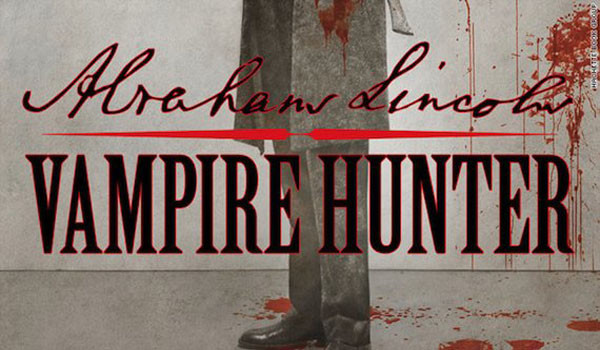




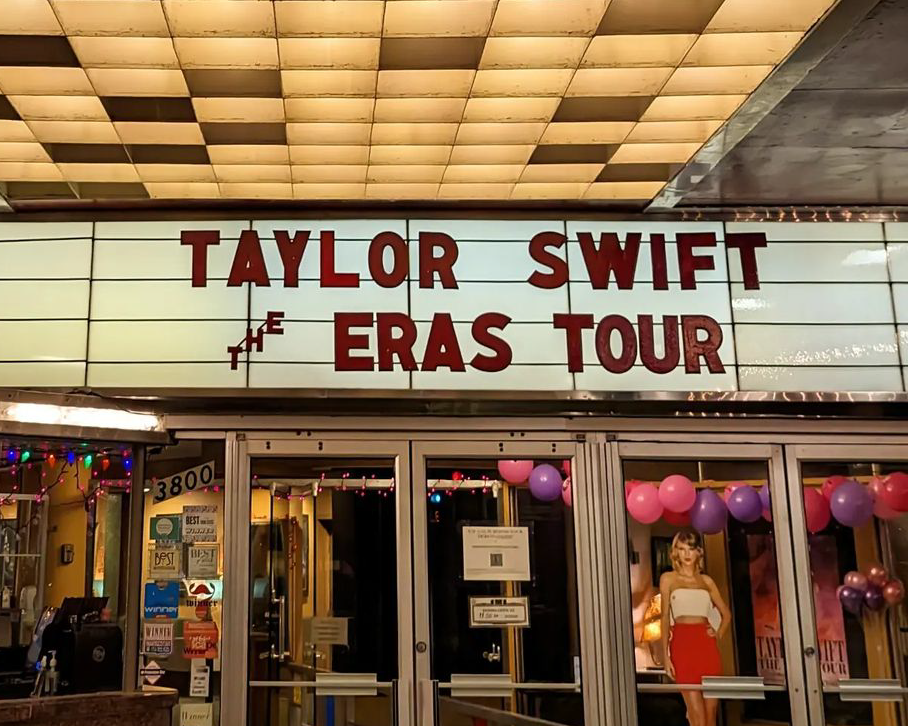
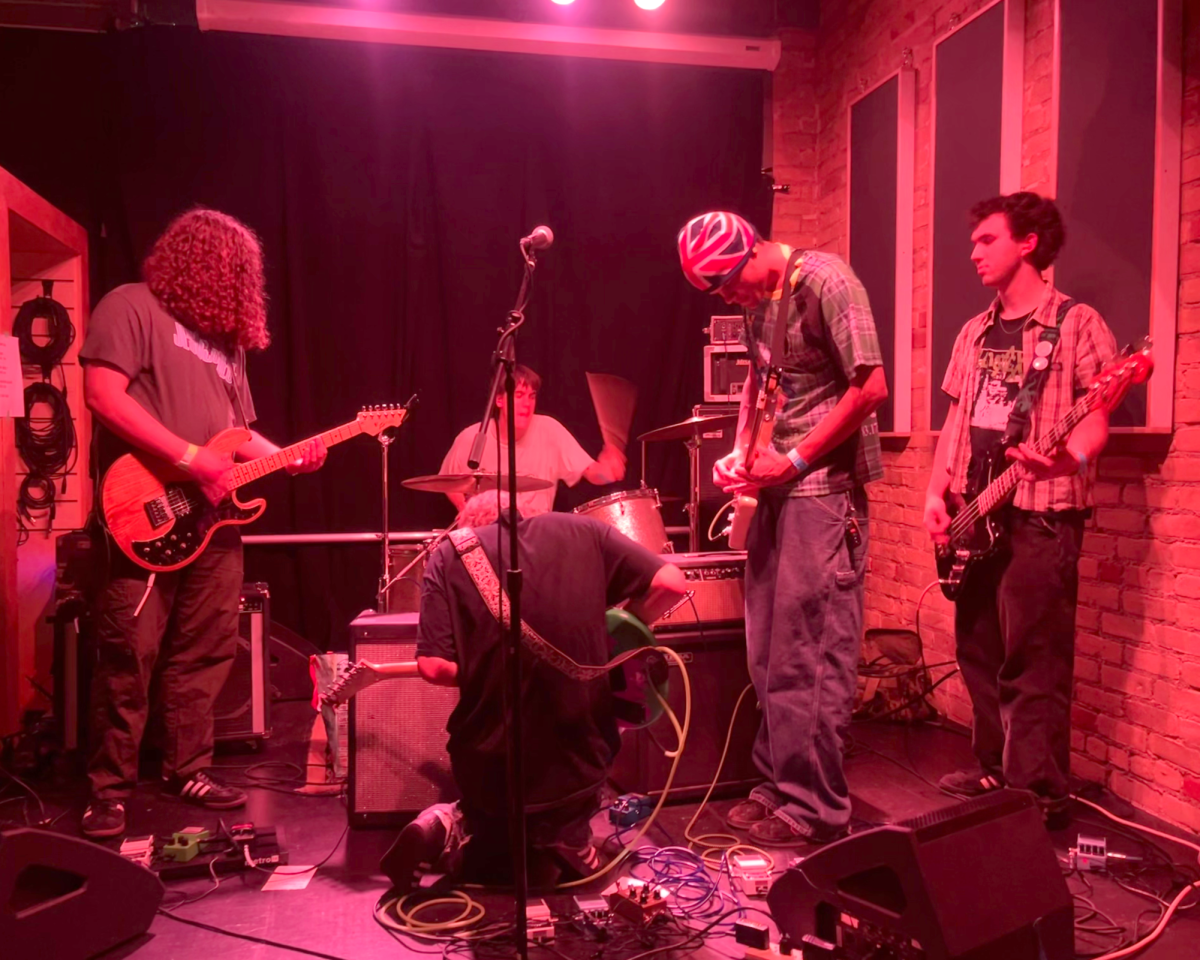
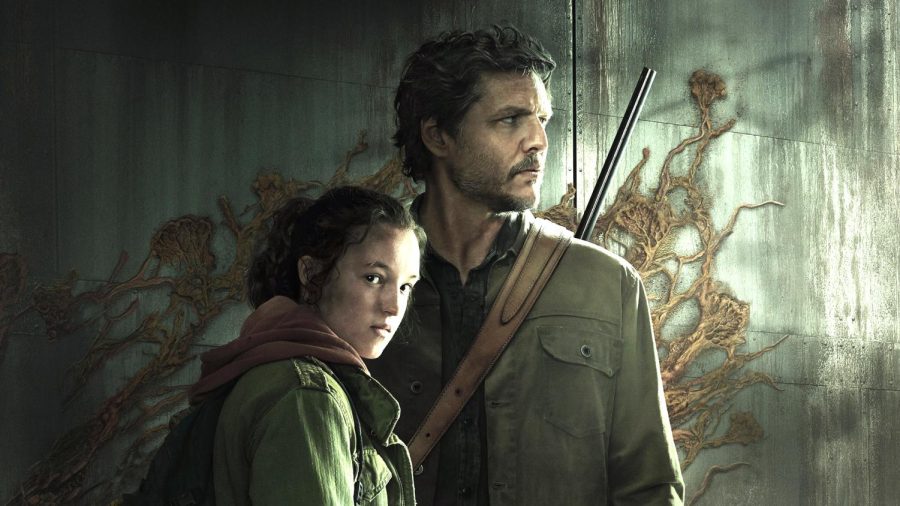
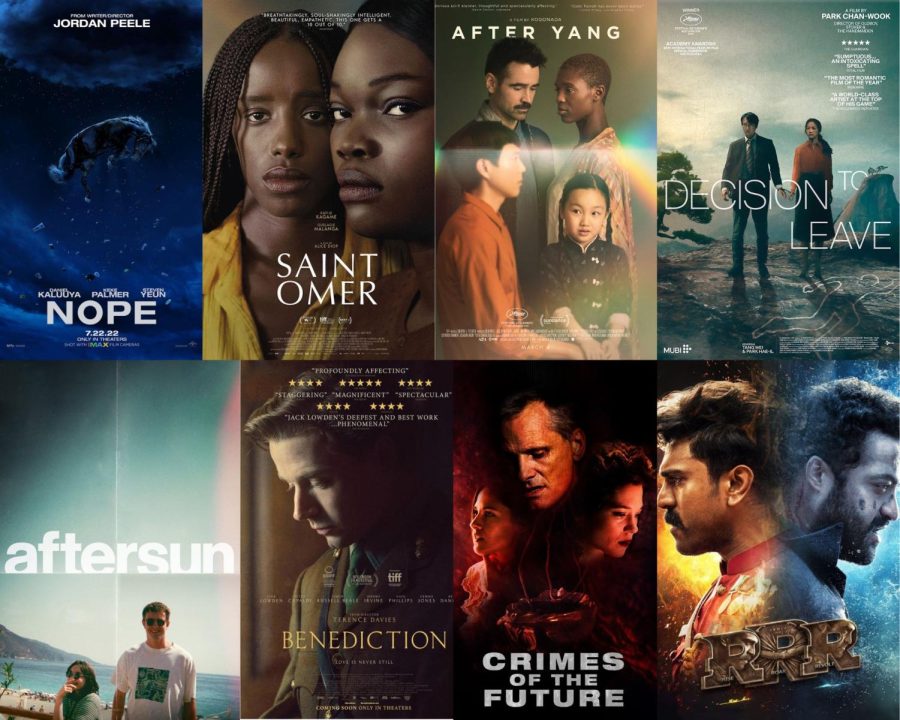

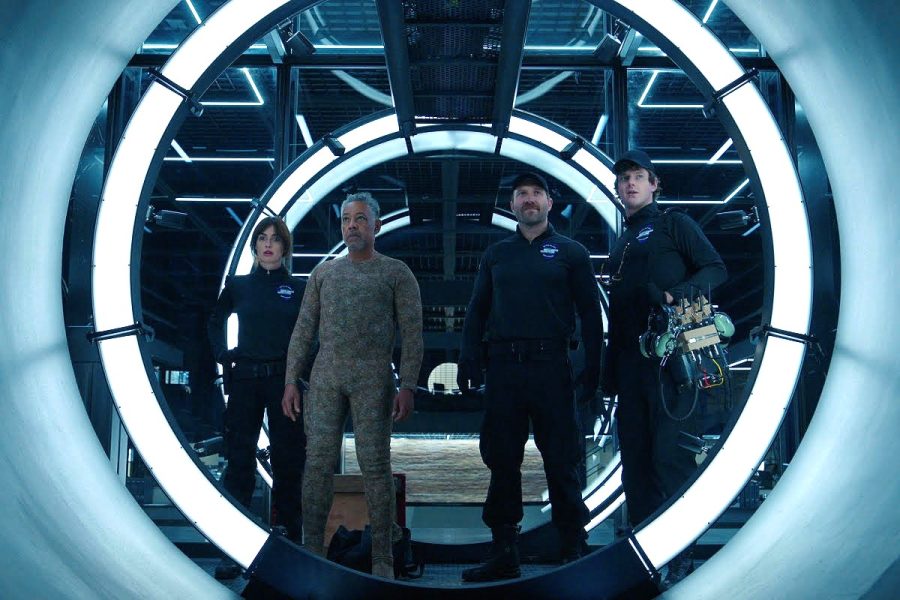
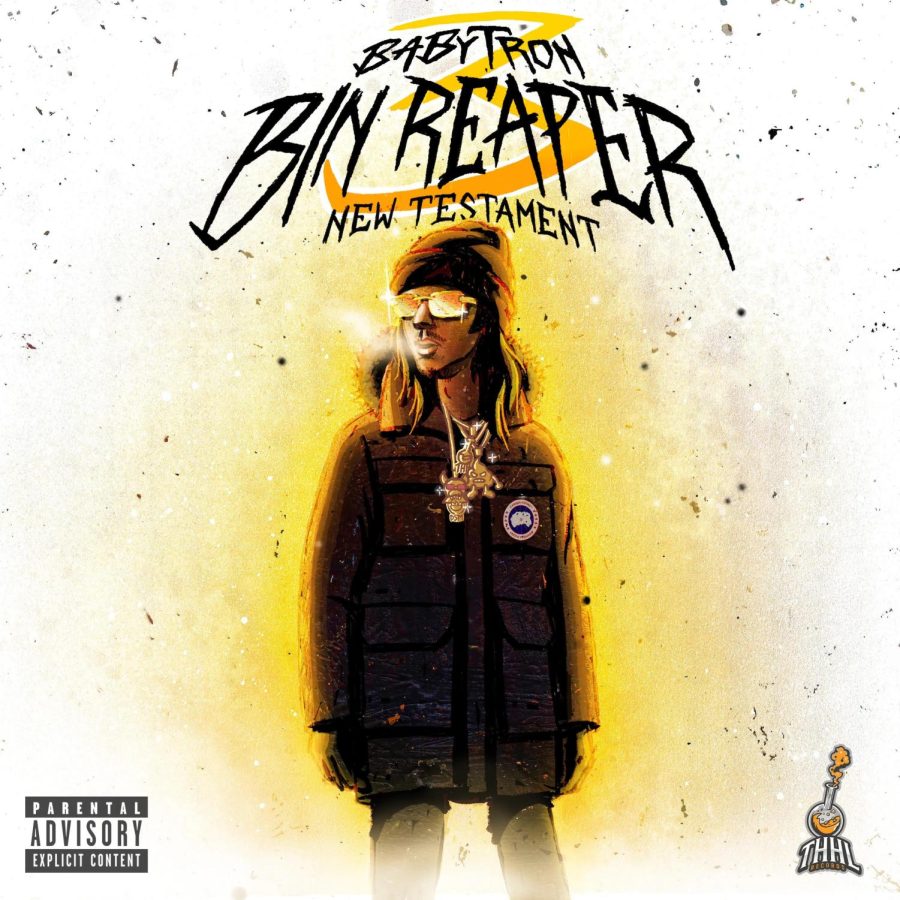
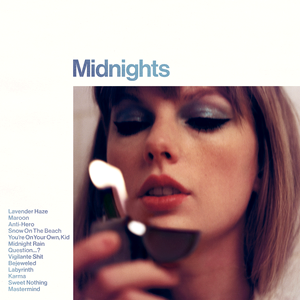
Sari • Oct 19, 2010 at 1:14 pm
Thank you. this made me smile.